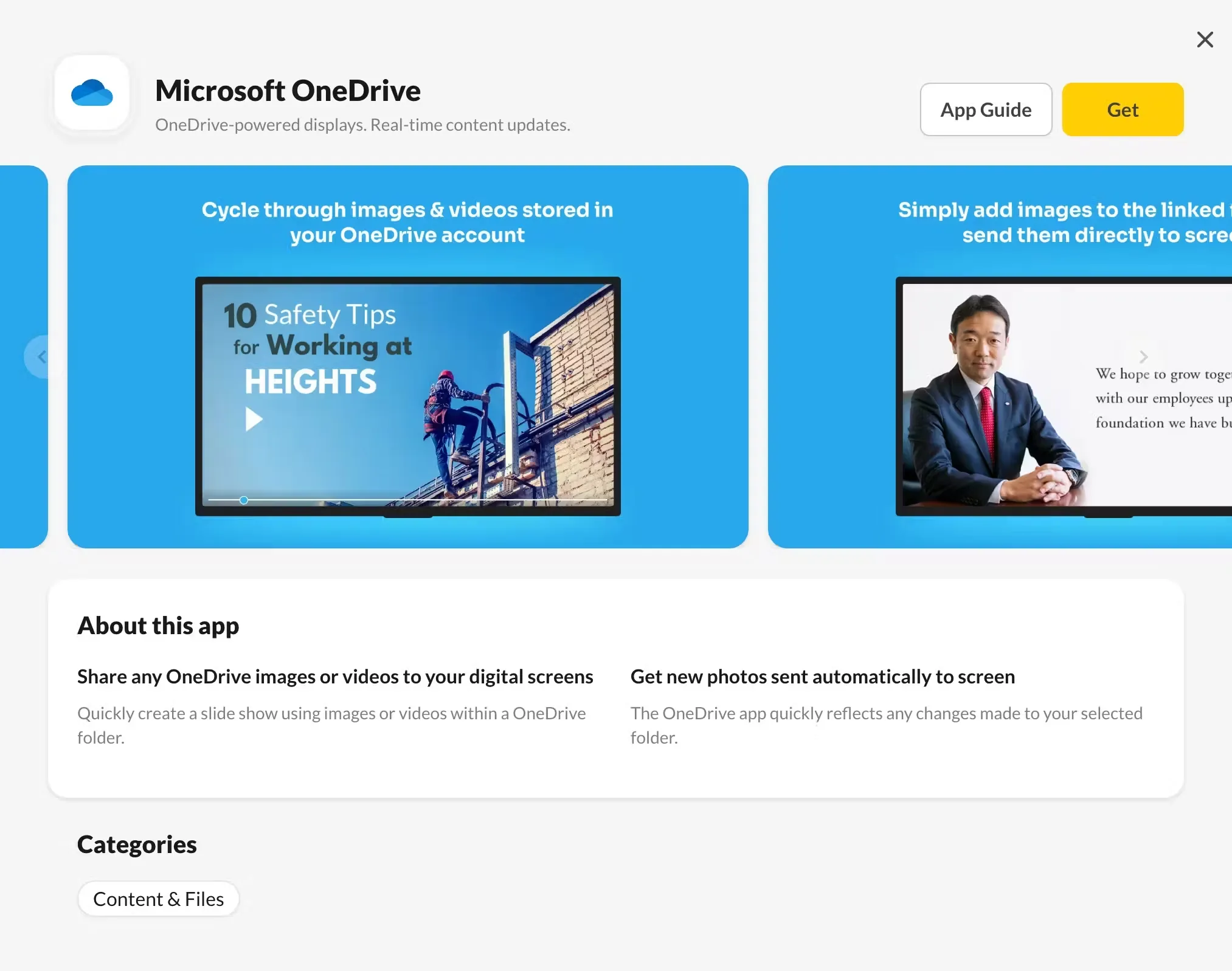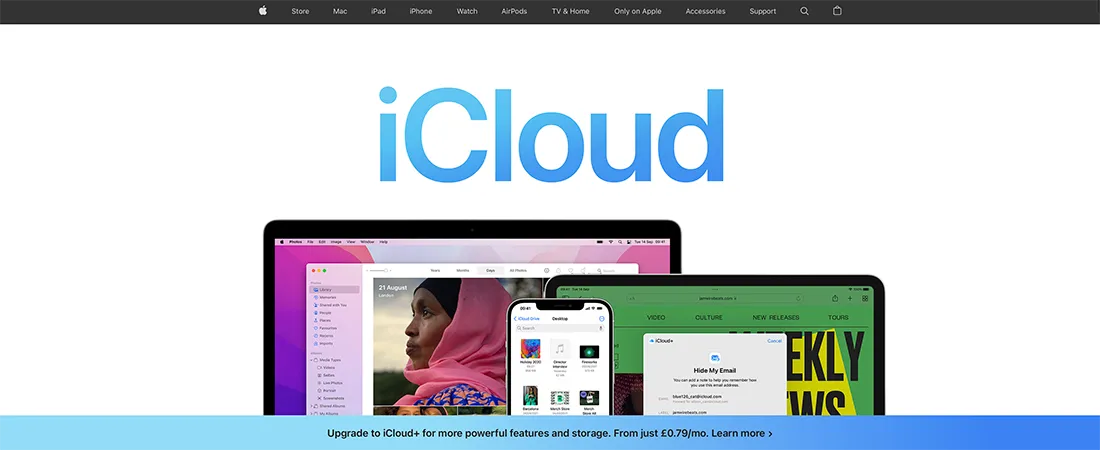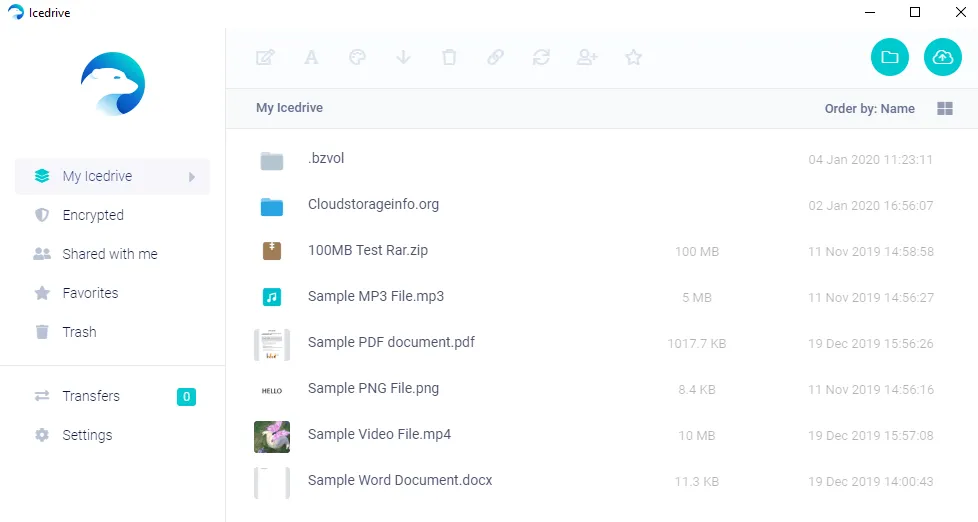In today’s connected world, storing files only on a computer or hard drive is no longer enough. With people working remotely, students sharing projects, and families storing priceless photos and videos, the demand for cloud storage apps has exploded. These apps make it possible to access your documents, photos, and media from anywhere, on any device, while keeping everything safe and organized.
But not all cloud storage services are created equal. Some focus on collaboration, others on security, while a few stand out with affordable lifetime plans. In this guide, we explore the top apps for cloud storage in 2025, highlighting their strengths, limitations, and unique features so you can choose the right one for your needs.
1. Google Drive and Google One
When people think of cloud storage, Google Drive is usually the first name that comes to mind. With seamless integration across Android, Gmail, and Google Workspace apps, it has become the default option for millions worldwide.
What makes Google Drive powerful is its collaboration features. Multiple people can edit the same Google Docs or Sheets in real time, leave comments, and track version history. For anyone working in teams, this is a huge advantage. The free 15 GB plan is generous, but it fills up quickly since storage is shared across Gmail and Photos.
For those who need more, Google One offers affordable upgrades, starting with 100 GB. Extra perks include family sharing and Google Photos editing tools. However, some users express privacy concerns since Google’s ecosystem relies heavily on data analysis. Despite this, Google Drive remains unbeatable for convenience and productivity.
2. Microsoft OneDrive
If you live in the Windows and Office ecosystem, then OneDrive is the logical choice. Integrated deeply into Windows 11 and bundled with Microsoft 365 subscriptions, OneDrive offers a smooth experience for individuals and businesses alike.
One of its best features is Personal Vault, which adds an extra layer of protection for sensitive files. Photos and videos can also be automatically uploaded from mobile devices, ensuring memories are never lost. Collaboration is seamless with Word, Excel, and PowerPoint, making it ideal for professionals.
The free 5 GB is small compared to Google, but when bundled with Microsoft 365, users get 1 TB of storage plus premium Office apps. For students and businesses already invested in Office tools, OneDrive is hard to beat.

3. Dropbox
Dropbox was one of the pioneers of cloud storage, introducing easy file syncing before others caught up. Its reputation for reliability and speed still makes it a strong contender in 2025.
Dropbox’s core strength is in business collaboration. Features like file requests, shared folders, and advanced access permissions make it perfect for teams. It also integrates with popular tools like Slack, Zoom, and Trello, which streamlines workflow.
However, its free plan offers only 2 GB, which is far smaller than competitors. Paid plans can get pricey, but many professionals stick with Dropbox because of its consistent performance and mature ecosystem. For those who value speed and simplicity, Dropbox is still a safe bet.
4. MEGA
If privacy and free space are top priorities, MEGA deserves attention. Known for its end-to-end encryption and generous free offering, it’s a favorite among users who care about security.
With MEGA, users get up to 20 GB free, plus bonuses for referrals and activity. Every file is encrypted with a zero-knowledge system, meaning even MEGA cannot access your content. This makes it particularly appealing for journalists, businesses, and individuals handling sensitive data.
The downsides? Bandwidth limits can make large transfers frustrating, and the interface is not as polished as some rivals. Still, for anyone who wants strong security and plenty of free storage, MEGA stands out as one of the best cloud storage apps available.
5. pCloud
Unlike most subscription-based services, pCloud offers a unique lifetime payment model. Users can pay once and own storage space forever, which is attractive to those who dislike monthly fees.
Beyond its pricing model, pCloud is excellent for media storage. It allows streaming of music and videos directly from the cloud, saving space on your device. It also supports file versioning and backup features, ensuring older versions of files are never lost.
Security is strong with pCloud Crypto, a premium add-on that offers client-side encryption. However, it costs extra. Despite that, pCloud’s flexibility, affordability, and long-term value make it one of the smartest choices for personal and business storage alike.
6. Apple iCloud Drive
For Apple users, iCloud Drive is the natural solution. Deeply integrated into iOS and macOS, it keeps everything from photos to messages and app data in sync across devices.
The convenience of iCloud is unmatched—backups happen automatically, and files are available instantly on iPhones, iPads, and Macs. Family sharing allows multiple members to use one storage plan, making it cost-effective for households.
The free 5 GB is limited, but paid plans are affordable, starting at 50 GB. For those outside the Apple ecosystem, however, iCloud isn’t as useful. But if you’re heavily invested in Apple products, it’s the easiest and most seamless option.

7. Proton Drive
Built by the team behind ProtonMail, Proton Drive is designed with privacy in mind. Unlike many mainstream providers, Proton Drive operates under strict Swiss privacy laws and offers end-to-end encryption by default.
Though newer and still developing, Proton Drive has quickly gained popularity among users who want transparency and independence from big tech giants. It’s open-source, meaning its security can be audited by experts, which adds trust.
Free storage is limited, but Proton Drive appeals to those who value privacy above all else. It’s ideal for activists, journalists, or anyone skeptical of big data companies.
8. Box
Box has carved a niche as the go-to cloud storage for enterprises and large organizations. Unlike more consumer-focused apps, Box emphasizes compliance, admin controls, and workflow automation.
With integrations into Salesforce, Slack, and Microsoft 365, Box is powerful for businesses managing large teams. Security features include watermarking, file access monitoring, and enterprise-level encryption.
However, Box’s free tier is limited, and casual users may find it overly complex. It shines in corporate environments where collaboration and data governance are critical.
9. Sync.com
Another privacy-first platform is Sync.com, a Canadian service offering end-to-end encryption and affordable pricing. Unlike Dropbox or Google, Sync.com cannot access your files at all, making it a reliable choice for confidential data.
It’s not as flashy in design, but Sync.com delivers strong security, generous free space, and cost-effective paid tiers. Collaboration is simpler compared to Google Drive but works well for teams that need safe, encrypted file sharing.
For those who want strong security without breaking the bank, Sync.com is one of the best-balanced options available.
10. Icedrive
Among the newer entrants, Icedrive is turning heads with its modern design and competitive pricing. Its sleek interface makes managing files intuitive, and it supports lifetime storage plans similar to pCloud.
Security is strong, using the Twofish encryption algorithm, which is less common but highly secure. It also supports file previews, media streaming, and quick uploads.
Since it’s relatively new, Icedrive lacks some integrations and recognition compared to giants like Google or Microsoft. However, for early adopters who want a stylish, affordable alternative, Icedrive is a strong contender.

How to Choose the Best Cloud Storage App
With so many options, picking the right cloud storage app depends on your needs:
- For productivity and teamwork: Google Drive and Microsoft OneDrive are leaders.
- For media lovers: pCloud and Icedrive provide great streaming support.
- For privacy: Proton Drive, Sync.com, and MEGA are strong options.
- For Apple users: iCloud Drive offers seamless integration.
- For businesses: Box and Dropbox excel in enterprise collaboration.
Consider factors like free space, paid plan pricing, security features, and device compatibility before making a decision.
Conclusion
In 2025, cloud storage is no longer just a convenience—it’s a necessity. Whether you’re a student keeping class notes safe, a professional collaborating with colleagues worldwide, or a family archiving cherished memories, the right cloud storage app can transform how you handle digital files.
From giants like Google and Microsoft to privacy-driven services like Proton and Sync.com, every app brings unique strengths. The best choice depends on your priorities: collaboration, affordability, security, or ecosystem compatibility.
One thing is clear: cloud storage is here to stay, and with the right app, you’ll always have your files at your fingertips—secure, synced, and ready to share.

















